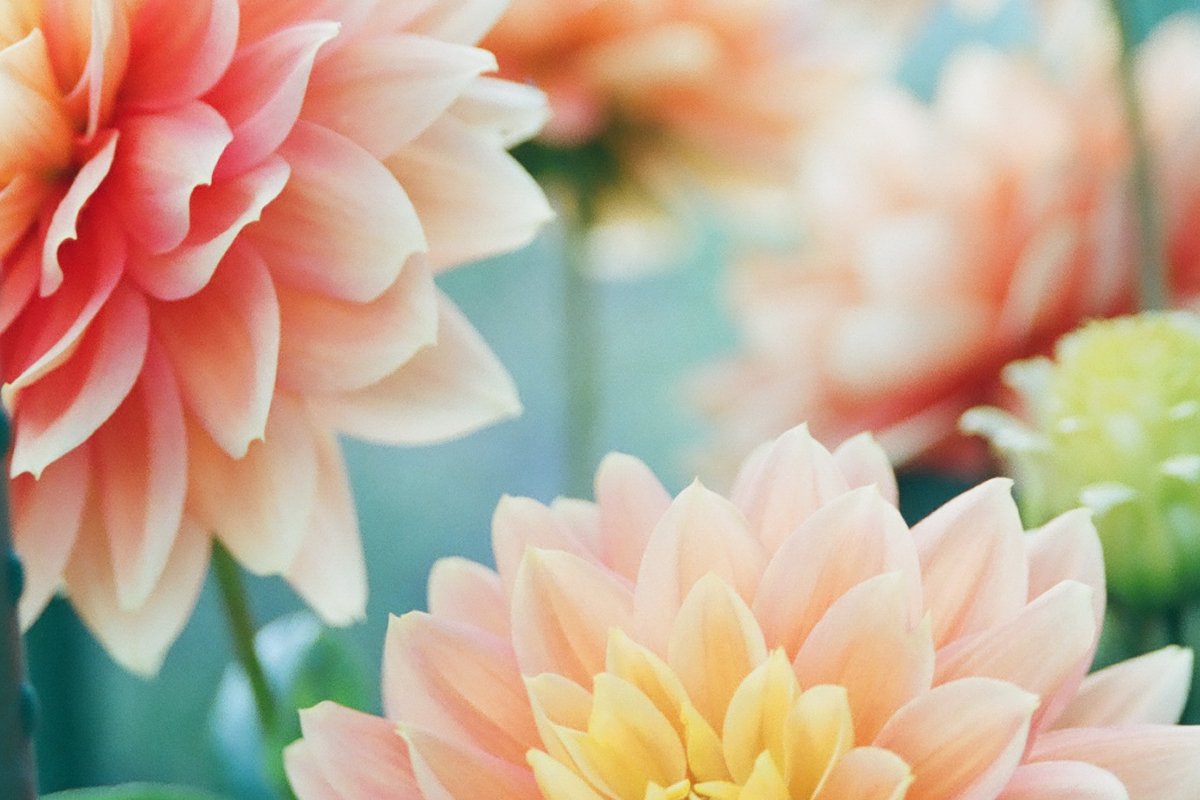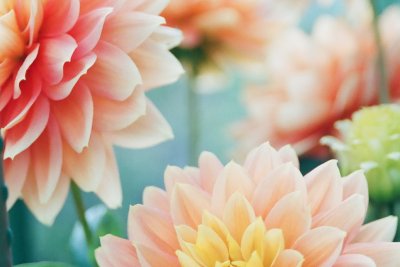By Denise Bossarte, Ph.D.
Photography as Self-Care
This past year of the COVID-19 pandemic has been one of isolation and disconnection from the people and the places that are the normal part of our world. This isolation can be particularly challenging for childhood abuse survivors who rely on their support systems and self-care practices to sustain them during challenging times.
One of the supportive practices I've discovered in my healing journey is photography. And even with the COVID-19 pandemic, I have been able to engage in this healing and resilience practice in a way that helps me feel safe and supported.
My Photography Practice
My photography has brought endless beauty and appreciation into my life. The abuse had pushed me into a mental realm where only fear and a sense of ugliness existed; ugliness about what was out in the world, ugliness about what the world and the people in it would do to me, and ugliness I felt about myself
Photography opened a window in my soul to feel connected with the world and the beauty always right around me. It gives me a way to slow down to see the beauty and use my camera to capture the beauty and make it a part of myself. It gives me a way to share that beauty with other people through the images I shoot. There is nothing like giving the gift of beauty to yourself and other people to bring joy into your life!
Multiple studies have shown that being out in nature is very healing. And doing photography gets me outside into nature and the world. It also gets me outside of my normal criticising and self-doubting mind. For a time, I can let go of any storyline and open myself up to the beauty and wonder of the ordinary world. And I have beautiful images to enjoy and share later!
I often take my camera with me or use the camera on my cellphone to capture the beautiful moments I experience while out on my walks. This helps me slow down mentally and open up, with curiosity, to what I might find as I am moving through the space
It doesn’t matter where I find that slice of nature. If it’s a small grassy space or empty field near where I live, that’s a good start. It can be a city park with open grassy areas and a few trees. It can be a botanical or botanic garden, an arboretum, a state or national park. Even going to the local zoo can get me out and feeling connected to nature.
Whether I am alone in a space or in a space filled with people, I will take time to pause and absorb the sounds, sights, and smells as they arise. Many of the gardens and parks I visit have benches. I can sit in the sun or shade, my choice, and absorb what is happening around me.
I love listening to the birds singing or the breezes moving the leaves in the trees in quiet places. Or dogs barking, people calling to each other, the sounds of their play in crowded spaces. My favourite botanical garden has a large wind chime by a shaded swinging bench that is a fantastic place to sit and simply be for a while
These moments of presence, of connecting with the beauty in the world, are precious and readily accessible when I open to the possibility of what a space can offer.
Discovering Your Self-Care Photography
- Do you have a camera or cell phone you can use for photography?
- Can you go to a space such as a park, or garden, or even your backyard where you can simply explore what is there and use your camera as a tool to help you slow down and appreciate what you are experiencing?
- Can you let go of whatever your mind is caught up in for a few moments to see and connect with the beauty that is present?
- Can you let go of expectations about the outcome, whether or not the images will be “good enough” to share on social media, and simply have fun playing?
Where you go is not important
What is important is that you make time to explore the world and slow down to really see it. What is important is you give yourself the gift of a quiet mind and open heart to build your resilience and tap into your joy.
Denise Bossarte, Ph.D. is a poet and an award-winning writer, photographer, and artist. She is a certified meditation facilitator and contemplative arts teacher. Dr. Bossarte is an information technology (IT) professional working in a Texas school district who holds a BA in chemistry, an MS in computer science, and a Ph.D. in developmental neuroscience. And she is a survivor of childhood sexual abuse. Denise’s award-winning self-help book, Thriving After Sexual Abuse: Break Your Bondage to the Past and Live the Life You Love, will be available on Amazon in the spring of 2021. You can follow her on Twitter @AmThrivingAfter and Instagram @poetryyogini.




